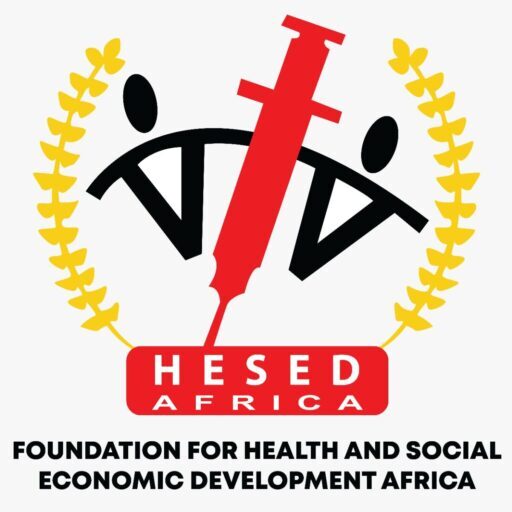Gender Based Violence-GBV, Gender and Human Rights
The urban refugees face a range of protection risks, some of which are exacerbated or more difficult to address, the threat of arbitrary arrests and detention, harassment, exploitation, discrimination, inadequate and overcrowded shelter, as well as vulnerability to sexual and gender-based violence (SGBV).
Poverty is a major cause of GBV, as it determines where and how a person lives and for women it determines the kind of jobs and livelihoods; some have ended up engaging in sex work. In the trade there are high chances of physical or sexual abuse by the clients.
Some women are single mothers and thus are predisposed to assault by various ‘male friends”. The matters mentioned as cause for assault was due to money issues. Financial insecurity for men, where a man who is not in a position to establish his authority economically would tend to do so physically.
Some of the cases of GBV reported included; beatings from husband because of cultural and societal assumptions and division of roles, (ways like the way parents bring up their children, which create disparity between boys and girls). In one of the sessions the participants indicated that “When a boy grows up, knowing that he is not supposed to wash his own clothes, cook or help in the house, if he grows up and gets married to a woman who comes from a home where duties are equally shared between girls and boys, this can create tension that might lead to violence” Group therapy session on 11th Street.
Traditional attitudes towards women and stereotypical roles in which women are seen as subordinate to men constrain a woman’s ability to exercise choices that would enable her end the abuse. This applied to at least 25 percent of the women who attending the sessions. The men claimed that the ‘business environment” exposed their wives to interact with other men.
Gender and Human rights advocacy
The organization conducts GBV and Human Rights advocacy and awareness sessions within the community, churches and schools within project areas. We have reached out to over 30,000 people with information sessions in close collaboration with our community networks.
We have staff members who are Trainer of Trainers (TOT) and most times participate in training other partners and community members. In our school and out-of-school sessions, our team creates awareness on healthy and unhealthy relationships, sexual reproductive health rights, and GBV screening.
HESED engages community based gender defenders in awareness creation on matters of gender-based violence; train healthcare workers and community health volunteers on GBV response, protection and referring for appropriate attentions.
These referrals and linkages of clients are conducted internally and externally to other partners so that they able to receive services we do not offer
Psychosocial Support and Counselling
Counseling is becoming an increasingly important program in Kenya as it assists individuals to handle day-to day psychological and social problems arising from their modern-day challenges afflicting the Kenyan Society.
The Kenyan government has long recognized the need for counseling in all essential sectors like schools, churches, Mosques and working places.
The ultimate aim of counselling is to enable the clients to make their own sound choices, reach their own decisions to enable them to act on these new-found feelings for their own benefit.
Emotional expression in an appropriate way that will help the client have a different view to the
challenges they are facing.
Provision of individual and group counseling to survivors of SGBV and most at-risk persons.
Livelihoods
HESED conducts assessment of vulnerable girls and women for training and support through the social workers and linking them to IGA officers.
We promote self-reliance by offering basic skills such as tailoring, henna and soap making by incorporating financial literacy skills for these women. Special to these skills is engaging young women and girls to make reusable sanitary pads to promote access to women’s hygiene items and environmental safety hazards.
We also issue grants to the women who underwent training by the provision of start-up kitty. Through the Business Development Skills training, women come up with Business plans.
Capacity building
At HESED Africa, we believe in developing and empowering our team and community resource persons through trainings to impart more knowledge and skills to enable them perform their duties better.
We provide guidance and trainings on maternal child health and nutrition, contraception and family planning.
We also offer GBV care and response mechanisms by providing referral pathways to health care workers and community health workers, training of Health care workers on clinical care and Management of SGBV as well as Training of community resource persons and duty bearers on SRHR and GBV prevention, response and mitigation and their roles and responsibilities in the fight against GBV.
HESED trains local leaders such as chiefs, village elders and community health workers through workshops and barazas on GBV response, prevention, sexual reproductive health rights and human rights.
At HESED, we emphasize on the need to uphold and respect the rights of all human beings hence leaders of refugees in our area of work are trained on GBV issues, human rights, sex education and livelihoods.
